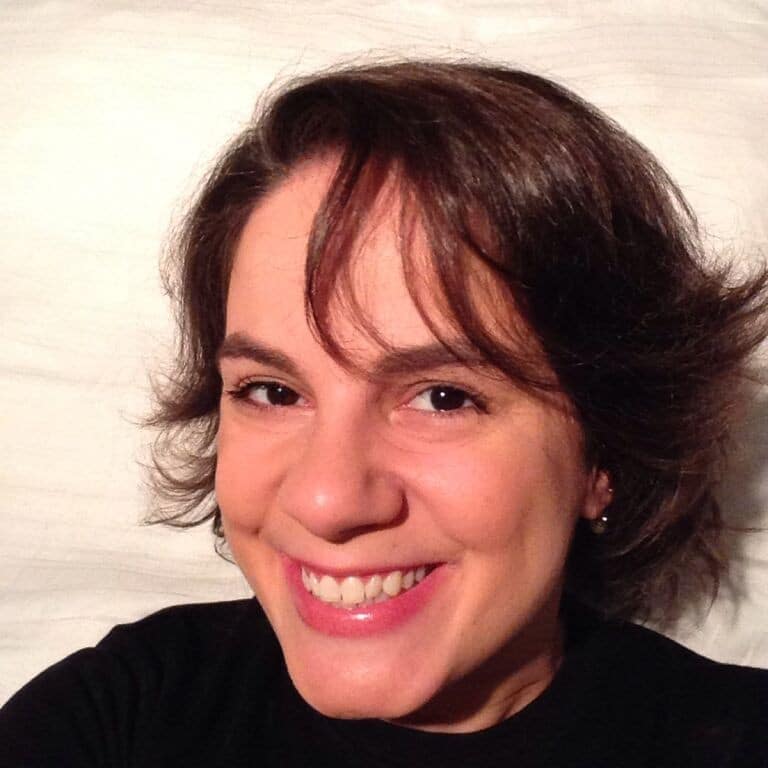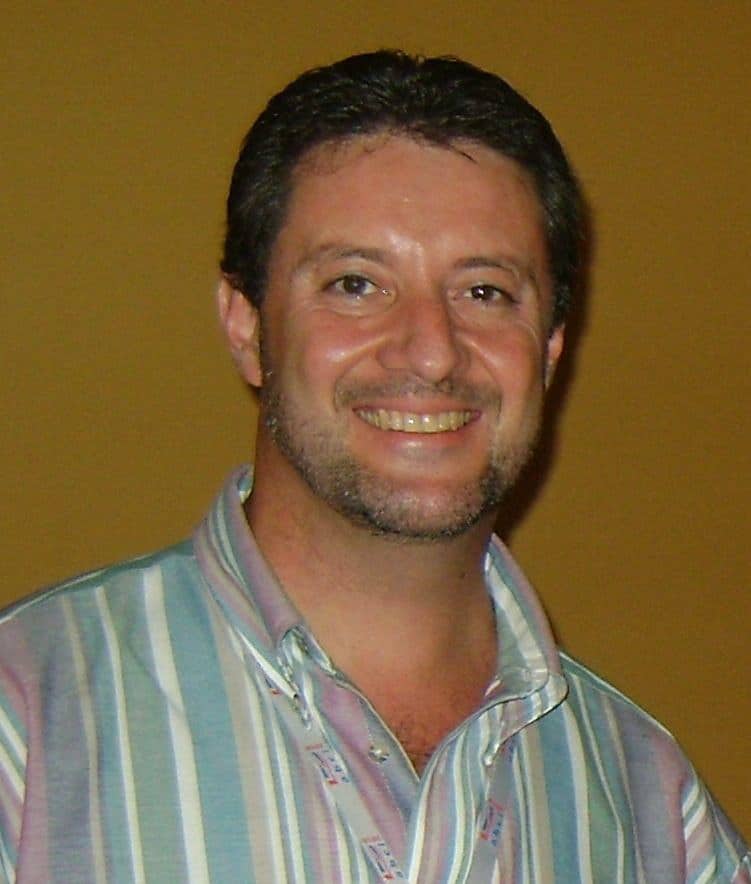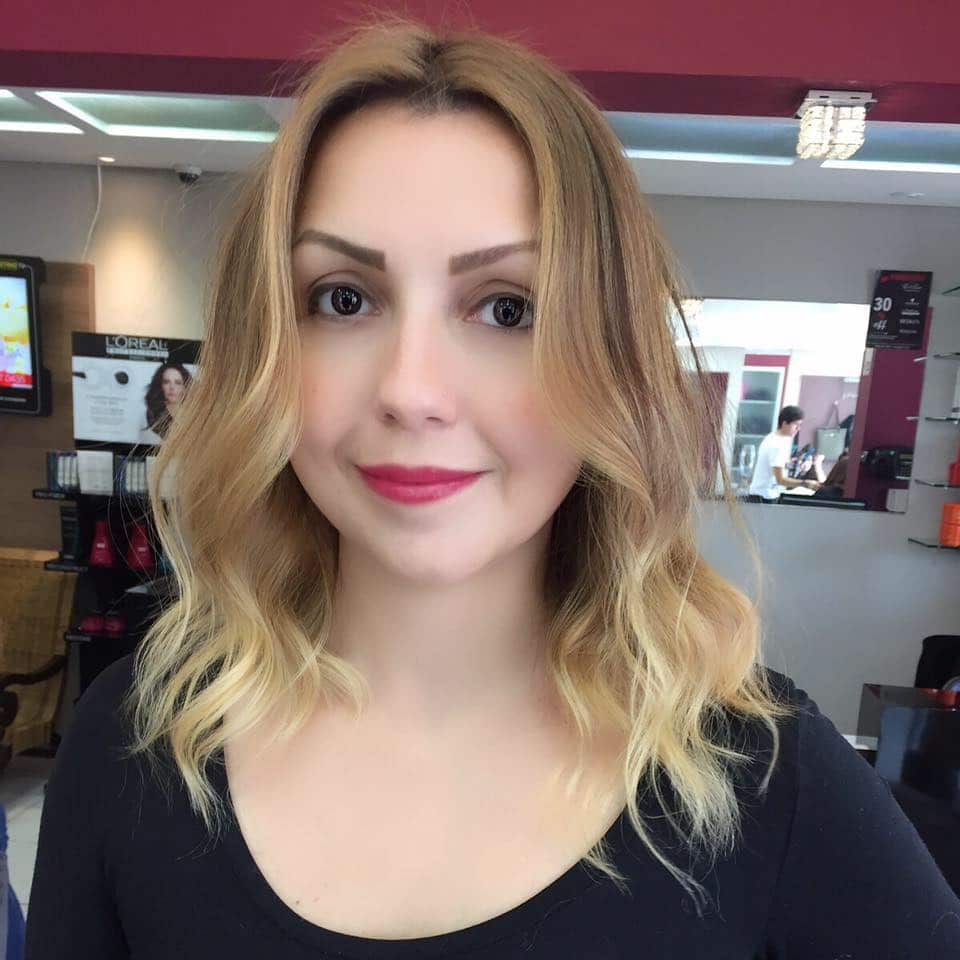Developing professionalism – part 2
In my last post, I wrote about professional attitudes when working in collaboration with other ELT professionals – either helping or asking for help in order to develop. Now we are going to focus on the willingness to change and develop as a professional.
Leung (2009) states that engaging in reflection to assess our own teaching is key in what the author calls independent professionalism. It is not necessarily an individualist view of development, but rather the kind of development we may seek regardless of demands from regulatory bodies or the companies we work for. Training, as Wallace (1991) clearly states, can be provided and done by others. However, the efforts or trainers are not enough if the teachers they are trying to reach do not engage in development.
Before taking action, we ask ourselves whether we are really eager to develop. The effort requires change, and change may be painful (especially if we are critically looking into our practice, what we have so successfully done in other lessons, other contexts, different times, with different learners). However, the more we delve into issues that seem to shout from lesson observation reports, students’ feedback and the more light we shed into our practice through acquired knowledge from observations or research, the more difficult it becomes to turn back into the teachers we so comfortably once were. So, another question pops out: what kind of teacher do we want to be at the moment? The one that takes pride in our lessons, enjoying newly acquired knowledge/ developed practice or the one that understands teaching as a learning process (thus, implying constant change)? Whatever answer we have (we are all subject to different answers at different points in our career), we are accountable for the choices we make.
The moments we choose to do something about ourselves as professionals is the moment when we should not only look for feedback from students, peers, trainers and managers, but also film our lessons, read more about teaching. These are the times when we are open to take in new information, raise our own awareness of the impact of our practice and make informed decisions about experimenting with new techniques, approaches to help form new ‘teacher habits’ to our repertoire.
What moment are you now in our career? Is it the time to rest for a while and let new knowledge and practice take form or is it time to shake things a little and go a step further? I am looking forward to hearing from you all!
References
Leung, C. (2009) ‘Second Language Teacher Professionalism’ In Burns, A. and Richards, J. C. (eds.). The Cambridge Guide to Second Language Teacher Education. New York: Cambridge University Press. Pp. 49-58.
Wallace, M. J. (1991) Training Foreign Language Teachers. Cambridge: Cambridge University Press.




